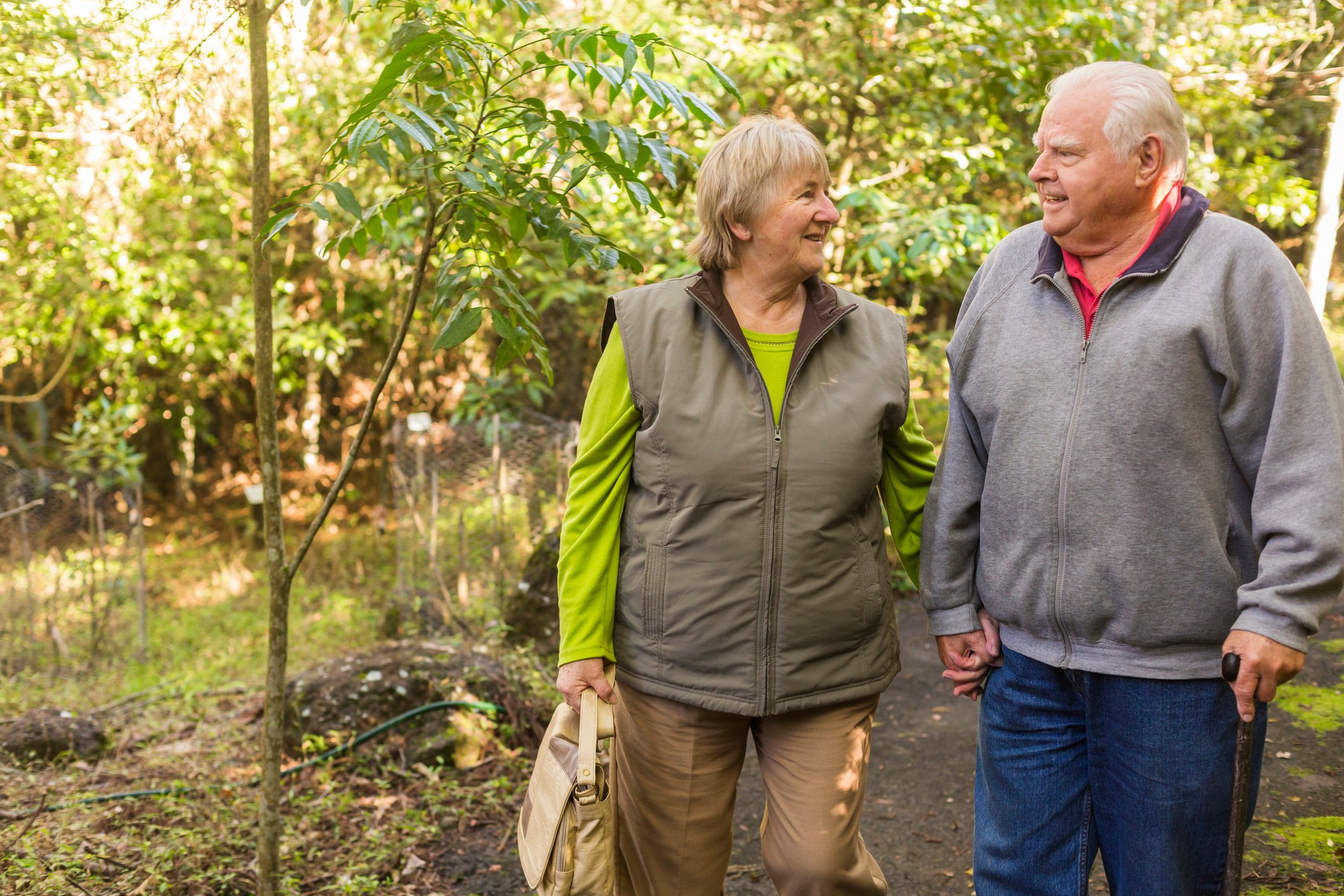In the end, I’d like to look back on my life and say “I lived with no regrets.” If you agree, are you making choices today that will give you that comfort at the finish line?
I will never forget the day I met Bob in my diabetes class. He was frustrated with his new diagnoses and lashed out. “I don’t have time for this [diabetes self-care][! I’m Chief at the Fire Department and I’m busy! My employees need me, my family needs me; when do you expect me to shop and cook and exercise?” He was feeling overwhelmed.
It’s not easy to make time for diabetes self-care, but we hope people will take steps toward a healthy lifestyle and regular monitoring of their diabetes in order to reduce the risk of a serious diabetes complications and those nagging feelings of woulda, coulda, shoulda.
Two years later, after a heart attack and open-heart surgery, Bob and I were talking again. He was exercising at cardiac rehab three times per week and adapting to a whole-foods, plant-based diet. Bob had begun the long journey back to health and vitality. “I only wish I would have taken your advice when we first met. I just never thought this would happen to me!” The regret was heavy on his heart. I told him it’s never too late to make changes for the better.
This story is not to blame Bob for his experience. There is no way to say how things would have turned out had he made all those healthy changes – no one has a crystal ball. But at least, we want to give ourselves a fighting chance.
It’s really hard to live with no regrets if you don’t have the information you need to make good decisions. Here are a few questions to ask yourself:
For those of us with diabetes, have you been back to see the doc for your routine check-up? Do you know your current A1c?
Recommendation: Although targets need to be individualized, an A1c <7% has been shown to reduce the risk of diabetes complications (1). Knowledge is power, and understanding the A1c is a great first step. Check out this government website to learn more.
For those of us with pre-diabetes, what’s your plan? Is pre-diabetes an opportunity to say “I don’t have to worry about it yet, I’m only borderline?”
Recommendation: Research shows that you can lower your risk for type 2 diabetes by 58% by losing 7% of your body weight and exercising moderately 30 minutes a day, five days a week. Look online for a National Diabetes Prevention Program in your area – there might be one right in your back yard!
For those of us with no diagnosis of diabetes but a strong family history, do you have a wait and see approach?
Recommendation: get checked! The Centers for Disease Control and Prevention report that a whopping 84.1 million adults – more than 1 in 3 – have prediabetes, and 90% of them don’t know they have it. How can you treat something you don’t even know you have?
For those of us with diabetes who haven’t told our families, share this valuable information! You can be a blessing to your family by sharing your story and being a role model for better health.
The absolute best response I have ever heard from a patient who was newly diagnosed with diabetes demonstrated her no regrets approach to life. Maria told me “Being diagnosed with diabetes is the best thing that ever happened to me!”
Wow, I was really curious, this is NOT the typical response. Maria continued, “I have lost 38 pounds, I feel great, and I’m finely cooking meals for my family. I was on such a horrible path, only God knows what could have happened to me if I hadn’t made these changes. Diabetes saved my life!”
Now THAT’S diabetes awareness and living with no regrets!
